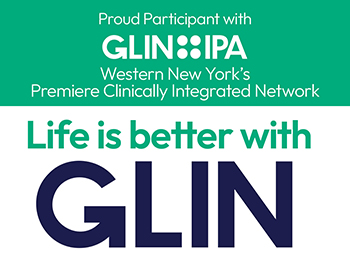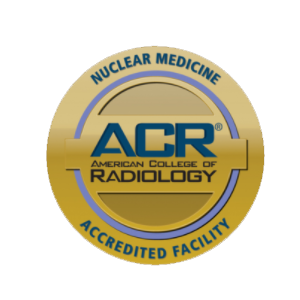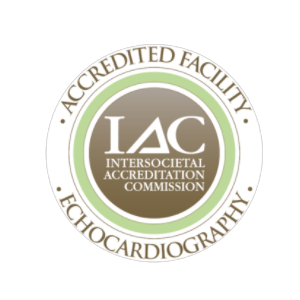As anyone who’s been through it knows, cancer treatment doesn’t end with the last round of chemo or radiation. The days and weeks that follow mark the beginning of a new chapter in patients’ survival stories. Ringing out of treatment often means ringing in a lot of questions, too. What now? How can I keep myself healthy? Will it come back?
General Physician PC’s Cancer Survivorship Program helps patients and their families navigate what comes next. Offered in partnership with the Great Lakes Cancer Care Collaborative, the program connects patients with a comprehensive network of providers who work together to create a personalized plan to address each patient’s physical, mental, social, and spiritual health following cancer.
“People feel lost at the end of their treatment,” explains Program Director and Physician Assistant Jennifer Wojcik. “They feel a little abandoned. It all feels very anticlimactic. They’ve had this adrenaline rush to get through treatments, appointments – and then there’s nothing. They don’t really know what’s next, and there’s a lot of uncertainty. They may have some lingering symptoms and side effects and they’re not sure where to go. There are so many questions about how to get back to their previous level of functioning. For some patients, the downtime following treatment is their first real opportunity to start processing all they’ve been through, and some feelings start coming up.”
The Cancer Survivorship Program starts by creating a survivorship care plan – a roadmap with resources for recovery. It includes detailed records of diagnoses, treatments received, and potential long-term effects. This becomes a valuable reference point for specialists, oncologists, and primary care providers to coordinate care and make sure that all the survivor’s health needs are met. The plan also includes a schedule of recommended screenings to watch for cancer spread, recurrence, or second cancers, and assessments to monitor medical and psychosocial effects that might pop up later.
The program offers a range of treatment options to help patients feel and function their best. Nutritionists who specialize in cancer recovery help survivors create a healthy diet to regain strength, reach weight goals, manage symptoms, and prevent recurrence. Rehab specialists focus on increasing strength and energy, managing pain, and improving functionality. Other specialists on the team may include cardiology, pulmonology, sexual health and fertility, and more, whose expertise includes an understanding of the specific issues patients may encounter after the cancer treatment process. Throughout the program, mental health plays a big part, too.
“Fear of recurrence is a big thing – ongoing anxiety, especially before their next CT scan or mammogram,” says Wojcik. “Some people feel like they have that constant cloud, especially right after treatment ends. They worry that every little ache or pain or symptom is the cancer coming back, and it gets in the way of enjoying life. We might recommend a support group, one-on-one counseling, medication, or just giving it some time.”
The length of participation in the program depends on each patient’s individual type of cancer and needs, and survivors can join at any time. Health insurance covers most aspects of the program.
“Survivorship starts with diagnosis and goes across the continuum,” says Wojcik. “There’s no one who cannot participate. We usually invite patients to join us once active treatment is done, or their oncologist will recommend us. We also work with people who have metastatic cancer who will continue treatment. You’re welcome to join at any time whether you finished treatment a month ago or five years ago.”
For more information about the Cancer Survivorship program, call (716) 884-3000 or visit the program page on our website.

 APPLY ONLINE TODAY!
APPLY ONLINE TODAY!





